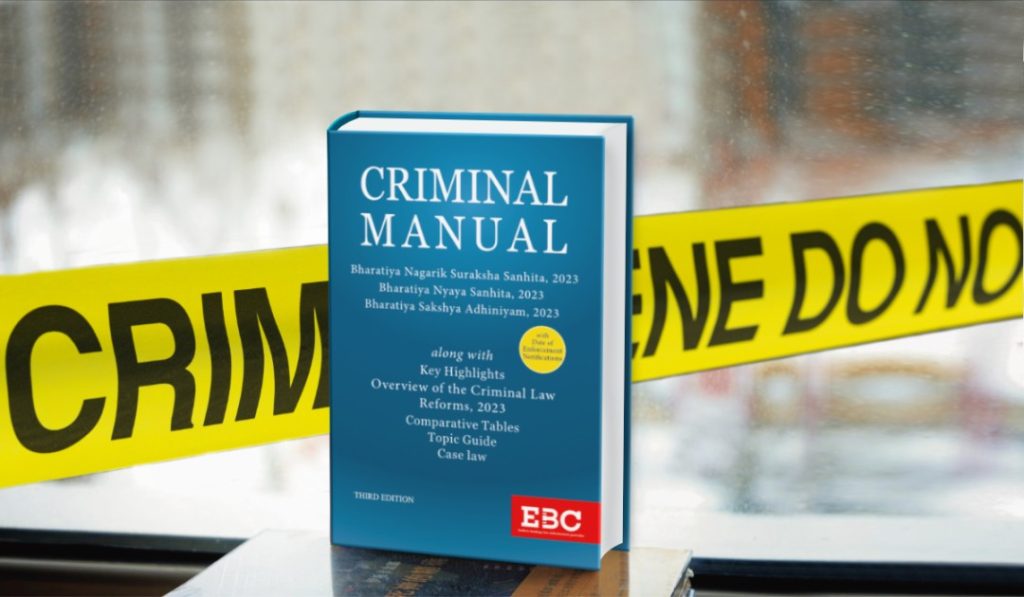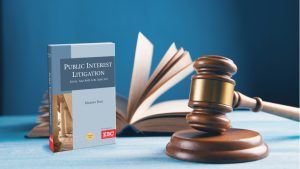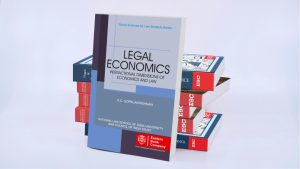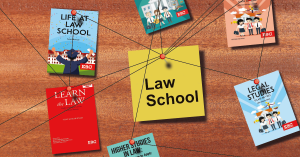
📺 What You’ll Learn in This Episode:
In this comprehensive guide, we break down complex legal evidence concepts into simple, easy-to-understand terms. Whether you’re a law student, paralegal, or just curious about how evidence works in the legal system, this episode is designed for you.
Understanding the Basics of Evidence
Evidence is the foundation of our legal system. It’s what helps judges and juries make informed decisions about cases. But what exactly constitutes evidence, and how is it evaluated in court?
Types of Evidence
- Direct Evidence: Evidence that directly proves a fact without requiring any inferences
- Circumstantial Evidence: Evidence that requires drawing inferences to reach a conclusion
- Physical Evidence: Tangible objects that can be examined by the court
- Testimonial Evidence: Statements made under oath by witnesses
The Rules of Evidence
Not all evidence is created equal. Courts have strict rules about what evidence can be admitted and how it can be used. These rules ensure fairness and reliability in legal proceedings.
Key Principles:
- Relevance: Evidence must relate to the case at hand
- Reliability: Evidence must be trustworthy and authentic
- Admissibility: Evidence must comply with legal standards
Common Evidence Challenges
Legal professionals often face challenges when presenting evidence. Understanding these common issues can help you better appreciate the complexity of legal proceedings.
Hearsay and Its Exceptions
One of the most misunderstood concepts in evidence law is hearsay. Simply put, hearsay is an out-of-court statement offered to prove the truth of the matter asserted. While generally inadmissible, there are numerous exceptions that allow hearsay evidence under specific circumstances.
Practical Applications
Understanding evidence isn’t just academic – it has real-world applications that affect everyone’s daily lives. From contract disputes to criminal cases, evidence principles shape legal outcomes across all areas of law.
Tips for Legal Professionals
- Always authenticate documents before presenting them as evidence
- Understand the chain of custody for physical evidence
- Prepare for potential objections from opposing counsel
- Know the specific rules of evidence in your jurisdiction
💡 Pro Tip: The best evidence strategy is one that tells a compelling, coherent story while adhering strictly to the rules of evidence.
Conclusion
Evidence law may seem complex, but by breaking it down into fundamental concepts, we can better understand how our legal system operates. Remember, evidence is not just about facts – it’s about presenting those facts in a way that is both legally sound and persuasive.
In our next episode, we’ll explore expert testimony and how to effectively present technical evidence to juries. Stay tuned for more insights into the fascinating world of legal practice.
















